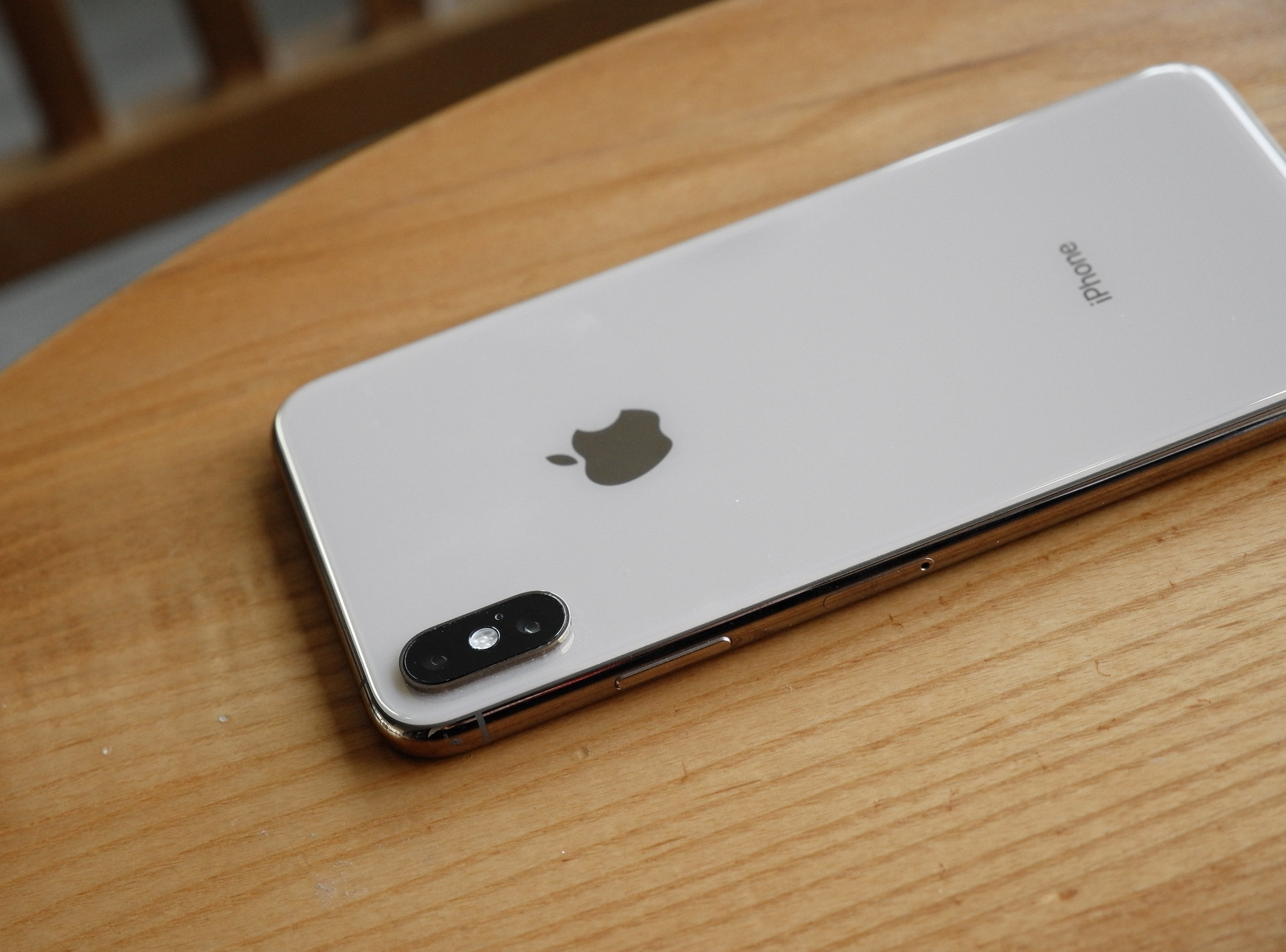The Commerce Department Reveals the Scope of the TikTok and WeChat Sanctions
The Commerce Department has announced which “transaction” scenarios will be covered by the IEEPA sanctions that go into effect against TikTok and WeChat on Sept. 20. Here’s what you need to know.

Published by The Lawfare Institute
in Cooperation With

The Commerce Department has announced what kinds of consumer transactions will be covered by sanctions under the International Emergency Economic Powers Act (IEEPA) that go into effect against TikTok and WeChat on Sept. 20. Here’s what you need to know.
First, if you are new to the details of the TikTok and WeChat sanctions stories, you can catch up with these prior posts: here and here and here and here. For now, the important thing to understand is this: When President Trump imposed sanctions on TikTok and WeChat back in August, he specified that they would take effect 45 days later (that is, this coming Sunday, Sept. 20) but also that the secretary of commerce would, by then, issue a clarifying directive spelling out exactly what interactions with these companies would be forbidden. Well, now we know (more or less) the answer.
This morning, the Commerce Department released a statement detailing which “transactions” are to be forbidden. It’s good news for TikTok, bad for WeChat.
The Verdict for TikTok
The only thing that happens for TikTok this Sunday is that it will become illegal to enable TikTok to distribute its app in the U.S., or distribute updates to existing users, via online stores (such as Google Play or the App Store). That’s it. You can keep enjoying it if you’ve already downloaded it. TikTok can continue to pay its employees, landlords, lawyers, lobbyists, bankers, the folks who lease them server space, etc.
And so it will be until Nov. 12. That is the date of a separate order, from the Committee on Foreign Investment in the United States (CFIUS), requiring TikTok’s owner, ByteDance, to sell off TikTok’s U.S. operations. At that point, the CFIUS order will have its own draconian effect—but for good measure a variety of additional sanctions will kick in under the original IEEPA order at that point too.
The upshot? There’s plenty of time to continue to negotiate the terms of a deal. The TikTok saga therefore will not have to resolve this weekend. What’s more, the current deal on the table—in which the U.S. technology company Oracle becomes a minority equity investor while also acting as the owner and operator of the data aspects of TikTok’s U.S. operations—does not really address all the concerns the administration claimed were at issue. So there may yet be some significant twists and turns.
The Verdict for WeChat
WeChat, by contrast, will be hit immediately with a full suite of sanctions, effective Sunday. In addition to the ban on further distribution and updating of apps via app stores, it will immediately become illegal to use WeChat as a payment system inside the United States, though not outside the United States. It is not entirely clear how this might affect a U.S. person inside the United States paying for something with WeChat where the seller is outside the United States, though I think that probably is meant to be covered here too.
In addition, critically, there are a variety of prohibitions on providing internet access and other forms of technical support to enable the ongoing functioning of the app inside the United States. The wording is a bit complicated, so this will require some further assessment before the full impact is clear. But the bottom line appears to be that it will immediately become extremely difficult for WeChat to function in the United States.
Any good news for WeChat and its parent company, Tencent? Well, the language of the original order included a broad swipe at Tencent more generally, potentially imperiling a broad swath of its investments in major U.S. companies. The Commerce clarification, however, does not reach anything other than WeChat. So perhaps Tencent’s other operations are safe for now.





